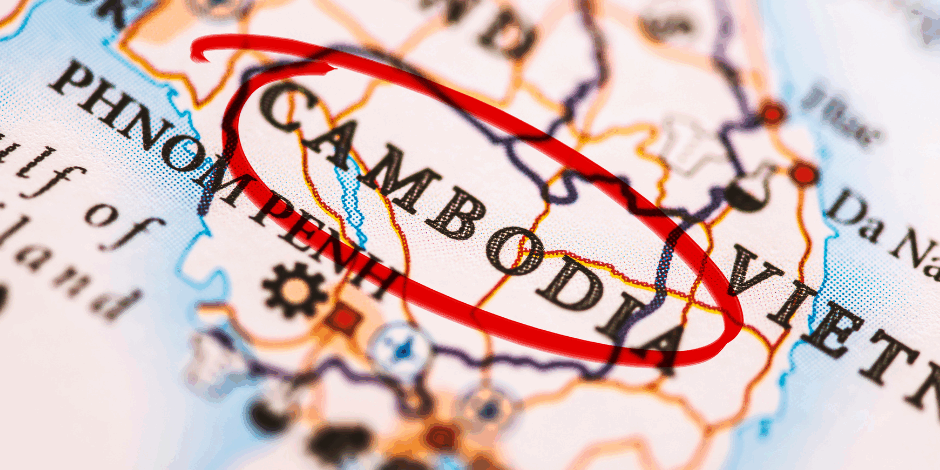In its desire to create an agrarian, Marxist-inspired utopia, Pol Pot’s Khmer Rouge evacuated Cambodia’s cities, dissolved family structures and attacked political opponents, ethnic minorities, and the country’s elite. Between 740,000 and 3,314,000 people are believed to have died by execution, torture, overwork, starvation and disease as a result of the Khmer reign.
The huge scale of victimisation corresponds to a very significant number of mass graves, the vast majority of which have been disturbed, robbed or exhumed by non-experts. Between 1995 and 2007, the Documentation Centre of Cambodia (DC-Cam) identified 19,733 separate mass burial pits, some of which are believed to contain the remains of many thousands of victims. The number of surviving families who still do not know the fate and whereabouts of their loved ones is exponential.
Many survivors who seek justice on behalf of missing family members are themselves victims of human rights violations and abuses, thereby producing a very significant, broad and complex demand for justice – and all within a country with a justice system that was hollowed out by the Khmer regime, and today is still subject to judicial interference and harassment.
In response to the enormous justice demands faced by the country in the aftermath of the Khmer reign, the Extraordinary Chambers in the Courts of Cambodia – the ECCC – was established: a hybrid tribunal that incorporated both international standards and domestic provisions with a remit to try the most senior leaders of the Khmer Rouge for crimes committed between 1975 – 1979. The tribunal operated between 2006-2022 in Phnom Penh and formed part of the Cambodian judicial court system. Its jurisdiction included genocide, war crimes, crimes against humanity, torture, religious persecution and the destruction of cultural property.
The tribunal had both domestic and international judges and prosecutors and operated by supermajority, meaning that any major decision of the Court could not be made by Cambodian or international judges alone. Significantly, the tribunal also included a role for victims within its proceedings, who participated as civil parties.
The operation of the ECCC was far from smooth. It has been riddled with allegations of corruption as well as disagreements between domestic and international judges and prosecutors, fuelled by the government’s use of amnesties and the fact that a number of perpetrators continued to hold positions of power. As a result, only a few senior individuals were prosecuted. Others died before they could be brought trial or were declared unfit to undergo the trial process. Surviving witnesses and victims were also elderly and frail.
In the end, the ECCC convicted just three people for the atrocities committed during the Khmer Rouge regime. Both Nuon Chea and Khieu Samphan were found guilty of committing crimes against humanity. In a second set of proceedings they were convicted of genocide of the Vietnamese and Cham populations, crimes against humanity, and grave breaches of the Geneva Conventions. Duch, was convicted in 2012 of crimes against humanity and grave breaches of the Geneva Conventions for crimes committed at the notorious interrogation and prison centre S21. All three were sentenced to life imprisonment.
For surviving family members, the chance of achieving any form of judicial accountability for the abuses committed during the conflict is virtually non-existent today. Perpetrators and witnesses are old and dying, memories are fading and much of the evidence in Cambodia’s mass graves has been lost.
Dr Ellie Smith







